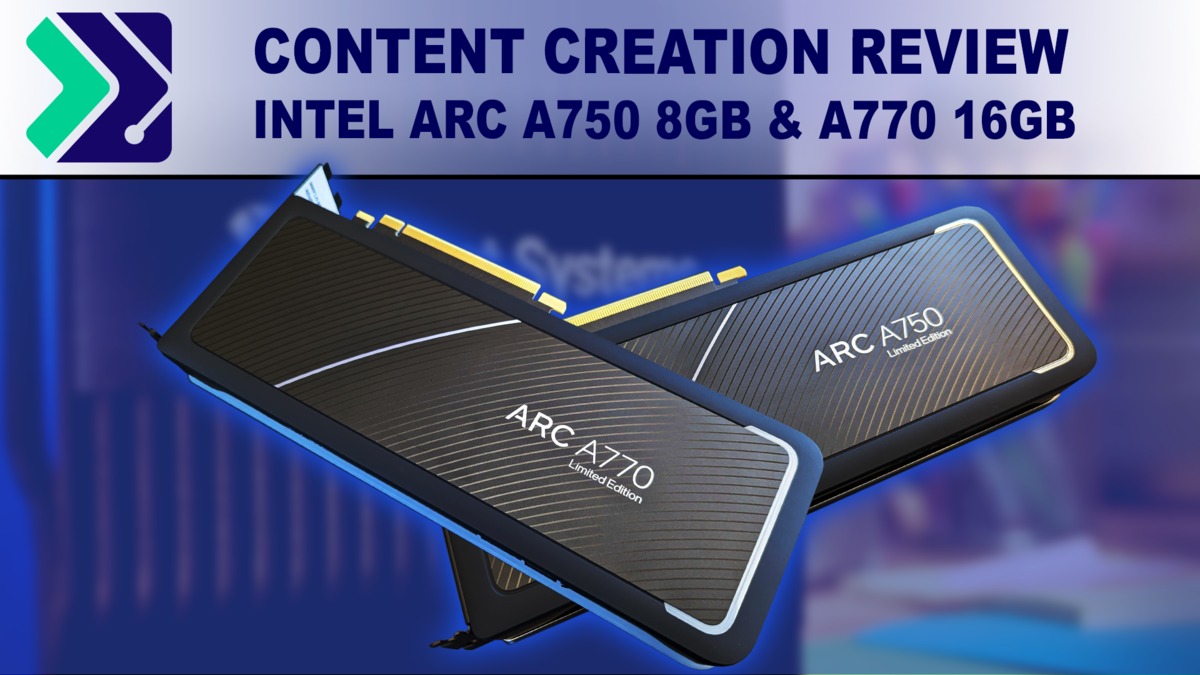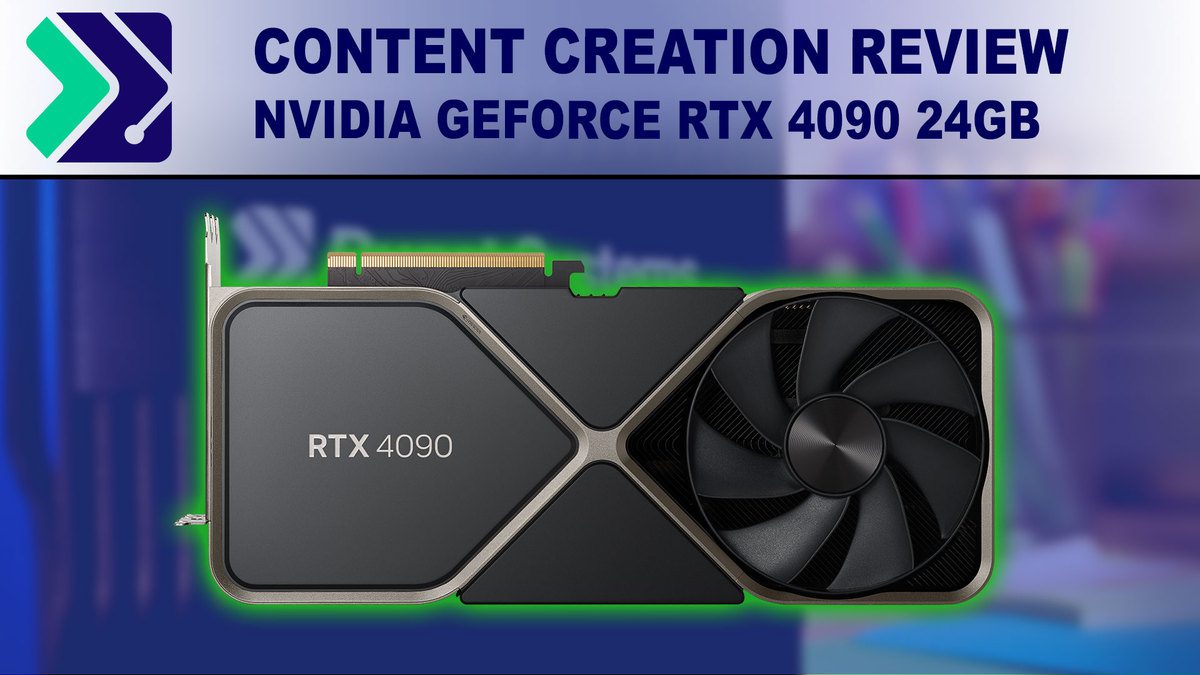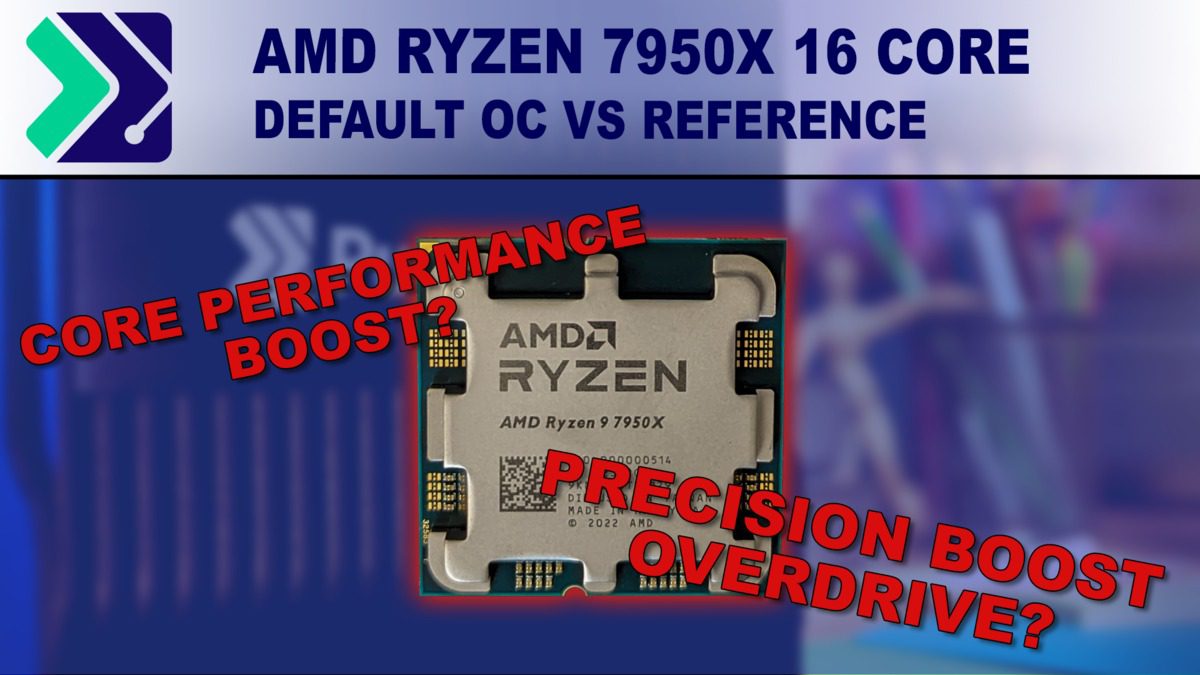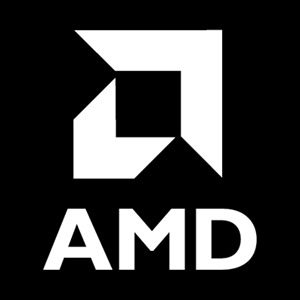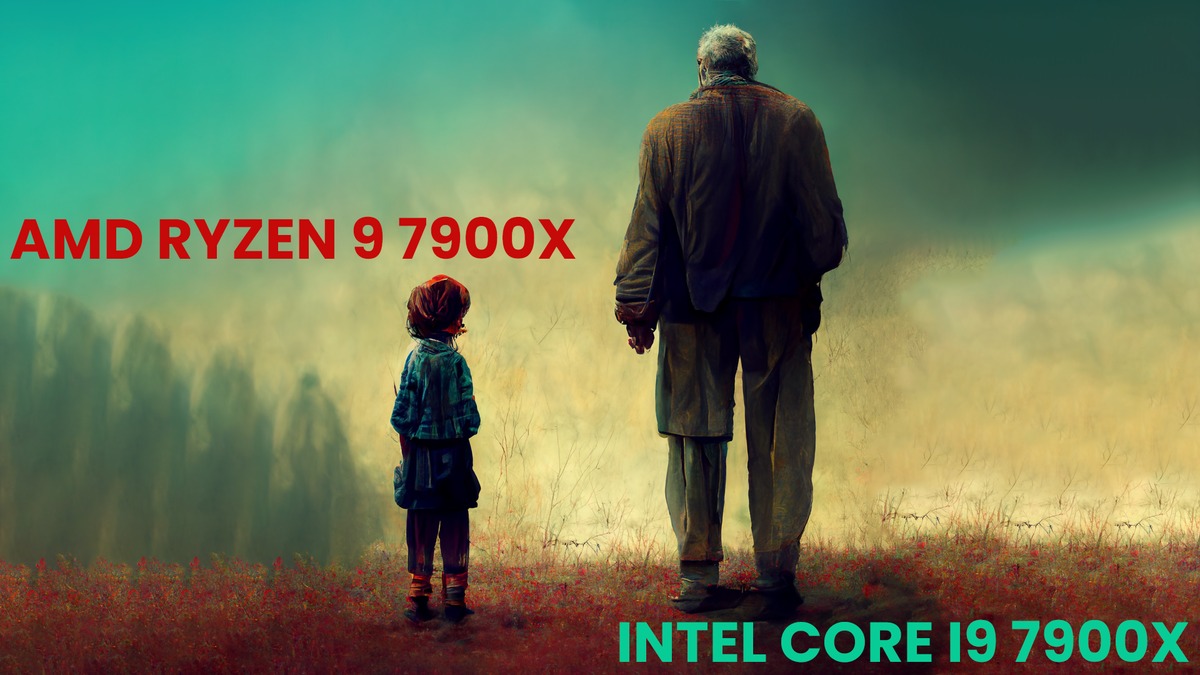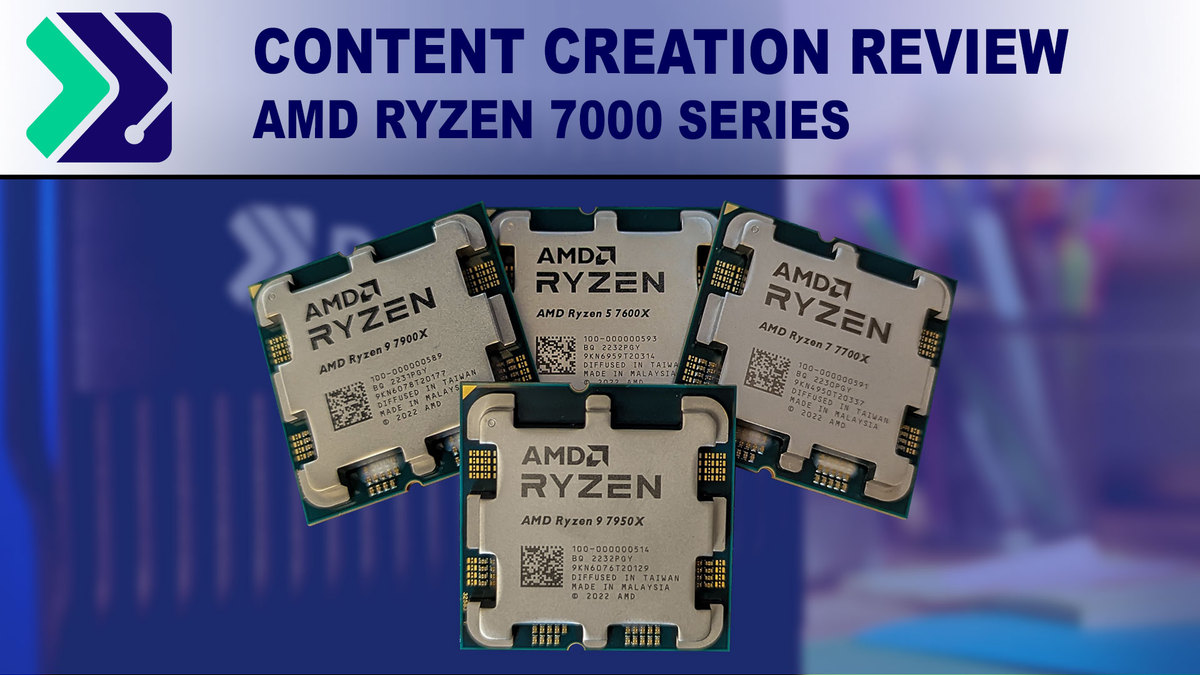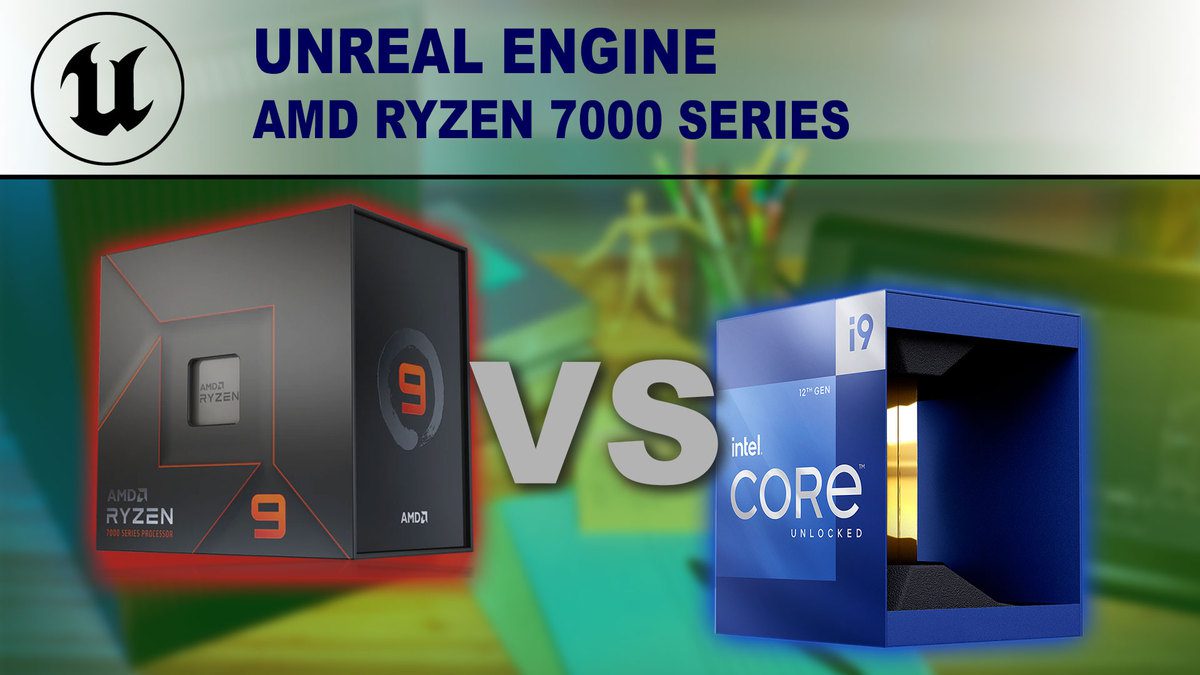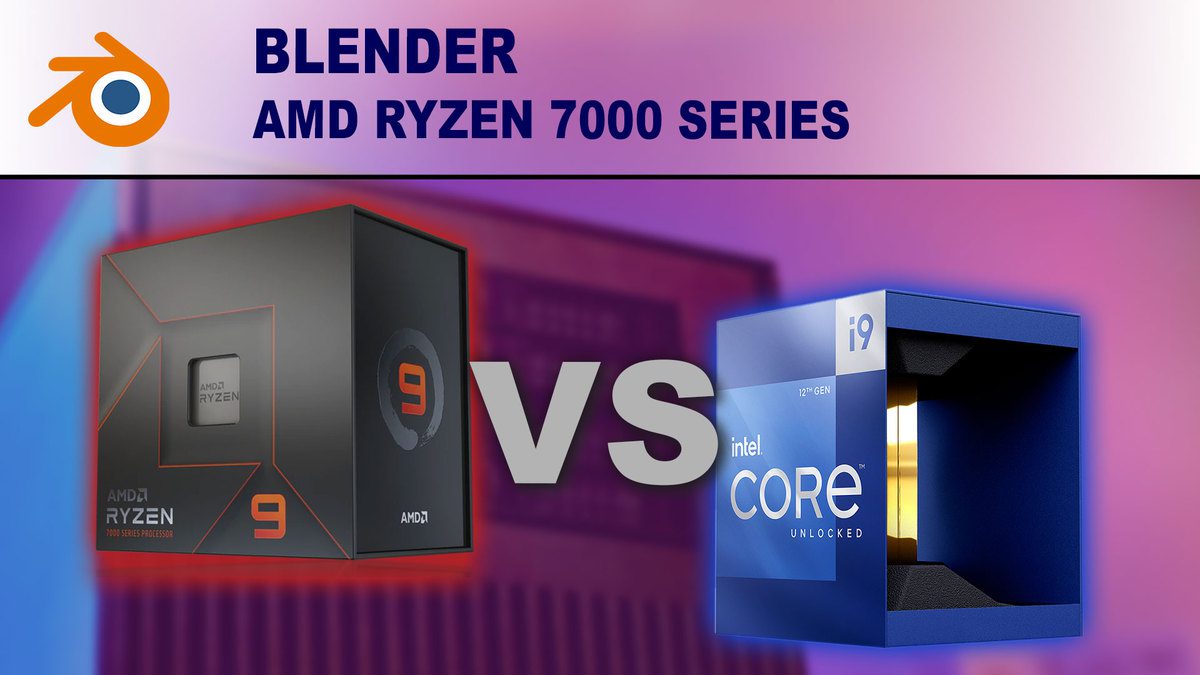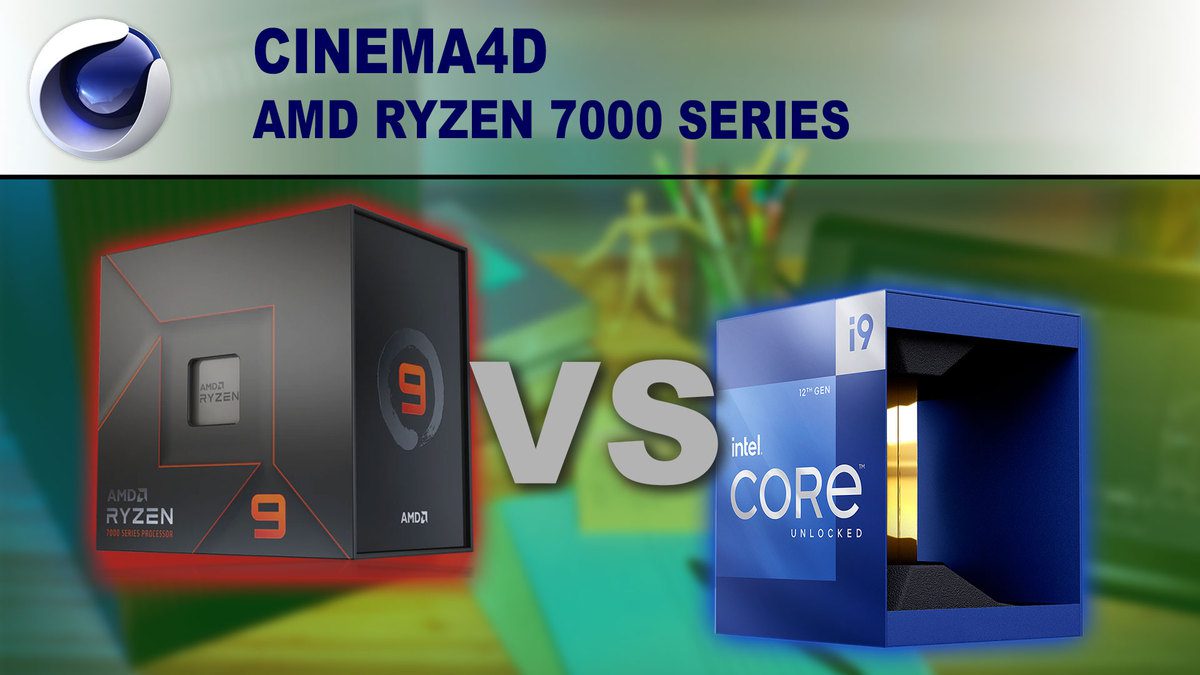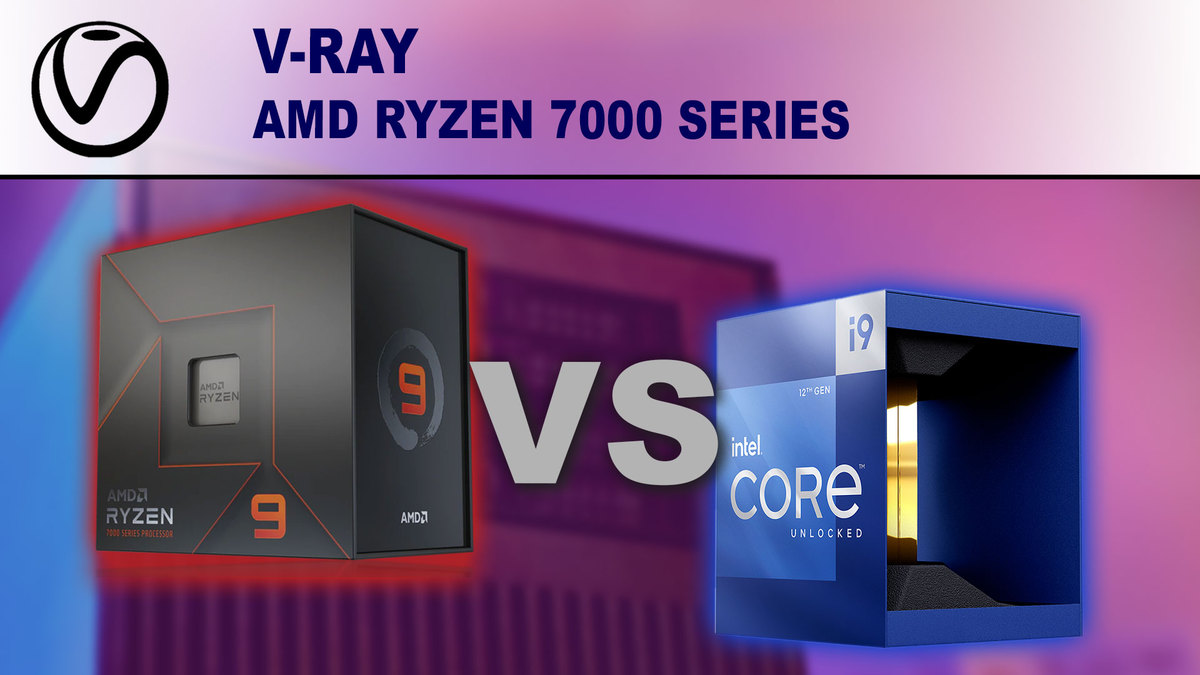Intel is not new to graphics in general, as they have long had a range of processors that featured integrated graphics. However, they are now starting to get into the discrete GPU market with their new Intel Arc series of cards. The Arc A380 launched a few months ago, but today we get the chance to examine the much more powerful Intel Arc A750 and A770. How will these cards perform, and how do they compare to their competitors from NVIDIA?
